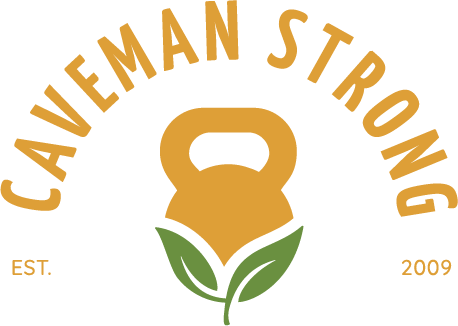THE ROLE OF NUTRITION IN YOUR FITNESS JOURNEY: A GUIDE TO ACHIEVING YOUR HEALTH AND FITNESS GOALS
Introduction
When embarking on a fitness journey, many people focus solely on exercise, often overlooking the critical role that nutrition plays in achieving their health and wellness goals. Whether you're aiming to shed some pounds, gain muscle, or simply maintain a healthy lifestyle, what you eat is just as important as how you move. In this blog post, we'll delve into the significance of nutrition in your fitness journey, providing valuable insights and practical tips to help you make informed choices and optimize your results.
Understanding the Basics of Nutrition
Before we dive into the specifics of how nutrition impacts your fitness journey, let's start with the basics. Nutrition involves the consumption of food and beverages to nourish your body, providing the necessary nutrients for its proper function. These nutrients include macronutrients (carbohydrates, proteins, and fats) and micronutrients (vitamins and minerals). A balanced diet is key to maintaining overall health and energy, and it becomes even more crucial when pursuing fitness goals.
Fueling Your Workouts
Your body requires energy to perform physical activities, and the primary source of this energy is the food you eat. Carbohydrates are your body's preferred energy source, so it's important to include complex carbohydrates like whole grains, fruits, and vegetables in your diet. These provide a steady release of energy to sustain your workouts and keep you energized throughout the day.
Muscle Building and Repair
Proteins are the building blocks of muscle tissue. When you engage in resistance training or other forms of exercise, your muscles experience micro-tears that need to be repaired and strengthened. Adequate protein intake is essential for muscle recovery and growth. Include lean sources of protein like chicken, fish, tofu, and beans in your diet to support this process.
Weight Management
If your fitness journey involves weight loss or weight maintenance, your calorie intake becomes a critical factor. To lose weight, you must consume fewer calories than you expend. However, it's essential to do this in a sustainable and healthy way. Focus on nutrient-dense, low-calorie foods that keep you full, such as leafy greens, lean proteins, and high-fiber whole grains.
Micronutrients for Health
Micronutrients, such as vitamins and minerals, play a vital role in your overall health and well-being. They contribute to various bodily functions, including immune system support, bone health, and energy production. A balanced diet rich in fruits, vegetables, and whole grains will ensure you get the necessary micronutrients.
Hydration
Don't forget the importance of staying well-hydrated. Proper hydration is essential for maintaining physical performance, energy levels, and overall health. Water is your best friend in this regard, so be sure to drink plenty of it throughout the day.
Conclusion
Nutrition is an integral component of your fitness journey. Without proper nutrition, you may not achieve the results you desire, and your efforts in the gym may go to waste. By understanding the role of macronutrients, micronutrients, and hydration in your diet, you can make informed choices that support your fitness goals.
Remember that there's no one-size-fits-all approach to nutrition, as individual needs vary. Consulting with a registered dietitian or nutritionist can help you create a personalized meal plan that aligns with your fitness objectives. With the right balance of nutrients and a focus on whole, unprocessed foods, you can fuel your body for success on your fitness journey. So, take your nutrition seriously, and watch as it propels you closer to your health and wellness goals.
